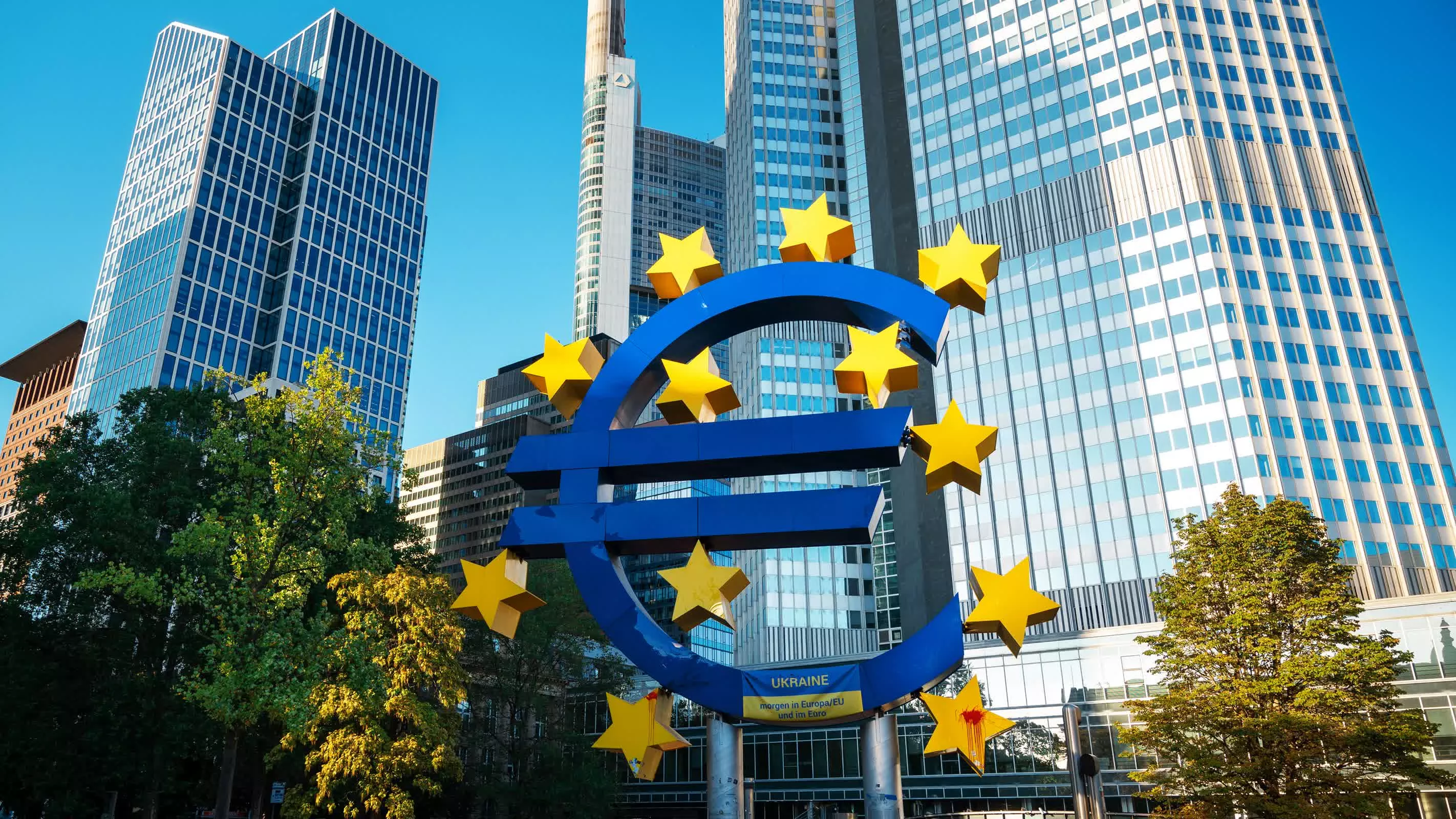A sizzling potato: AI Overviews, which are actually accessible to customers in additional than 100 international locations, seem on the high of Google’s search outcomes, providing AI-generated summaries above conventional hyperlinks to related web sites. Since Might, Google has additionally begun displaying commercials inside these AI Overviews. As for the publishers whose content material is used to construct these summaries, they obtain no direct compensation, nor have they got significant management over how their materials is used.
Google is going through new scrutiny in Europe after a coalition of unbiased publishers filed an antitrust criticism with the European Fee. The criticism challenges the corporate’s use of AI-generated search summaries, often known as AI Overviews. Dated June 30 and reviewed by Reuters, the criticism alleges that Google’s strategy is considerably harming publishers by diverting internet site visitors, lowering readership, and shrinking their income.
Many argue that this observe undermines the worth of unique journalism by extracting data with out attribution or profit to the supply, whereas concurrently lowering the chance that customers will click on by way of to the unique articles.
The Unbiased Publishers Alliance, a nonprofit group representing unbiased publishers, spearheaded the criticism. The group contends that Google’s observe of putting its personal AI-generated content material on the high of search outcomes unfairly disadvantages unique reporting and content material from publishers. “Google’s core search engine service is misusing internet content material for Google’s AI Overviews in Google Search, which have brought about, and proceed to trigger, vital hurt to publishers, together with information publishers within the type of site visitors, readership and income loss,” the criticism mentioned.
The criticism additionally highlights that publishers haven’t any sensible solution to stop their materials from getting used to coach Google’s AI language fashions or from being included in AI Overviews, until they decide out of Google Search fully – a transfer that might make their content material invisible to customers.
The European Fee declined to touch upon the matter. Nonetheless, the UK’s Competitors and Markets Authority confirmed it had acquired an identical criticism. The Motion for an Open Net, which incorporates digital advertisers and publishers, and the British nonprofit Foxglove Authorized Group Curiosity Firm, are additionally signatories to the criticism.

The teams are searching for an interim measure to stop what they describe as irreparable hurt to competitors and to make sure continued entry to information.
In response, Google defended its search practices. A spokesperson informed Reuters that the corporate sends billions of clicks to web sites daily and argued that the brand new AI options in Search “allow individuals to ask much more questions, which creates new alternatives for content material and companies to be found.”
The spokesperson additionally mentioned that claims about site visitors loss are “typically primarily based on extremely incomplete and skewed information” and added, “The fact is that websites can achieve and lose site visitors for quite a lot of causes, together with seasonal demand, pursuits of customers, and common algorithmic updates to Search.”
Foxglove co-executive director Rosa Curling described the scenario as dire for unbiased journalism. “Unbiased information faces an existential risk: Google’s AI Overviews,” she informed Reuters. “That is why with this criticism, Foxglove and our companions are urging the European Fee, together with different regulators around the globe, to take a stand and permit unbiased journalism to decide out.”
The criticism in Europe follows comparable authorized challenges in the UK and echoes a latest lawsuit in the USA, the place an academic expertise firm accused Google’s AI Overviews of undermining the demand for unique content material and eroding publishers’ potential to compete, leading to falling numbers of tourists and subscribers.

